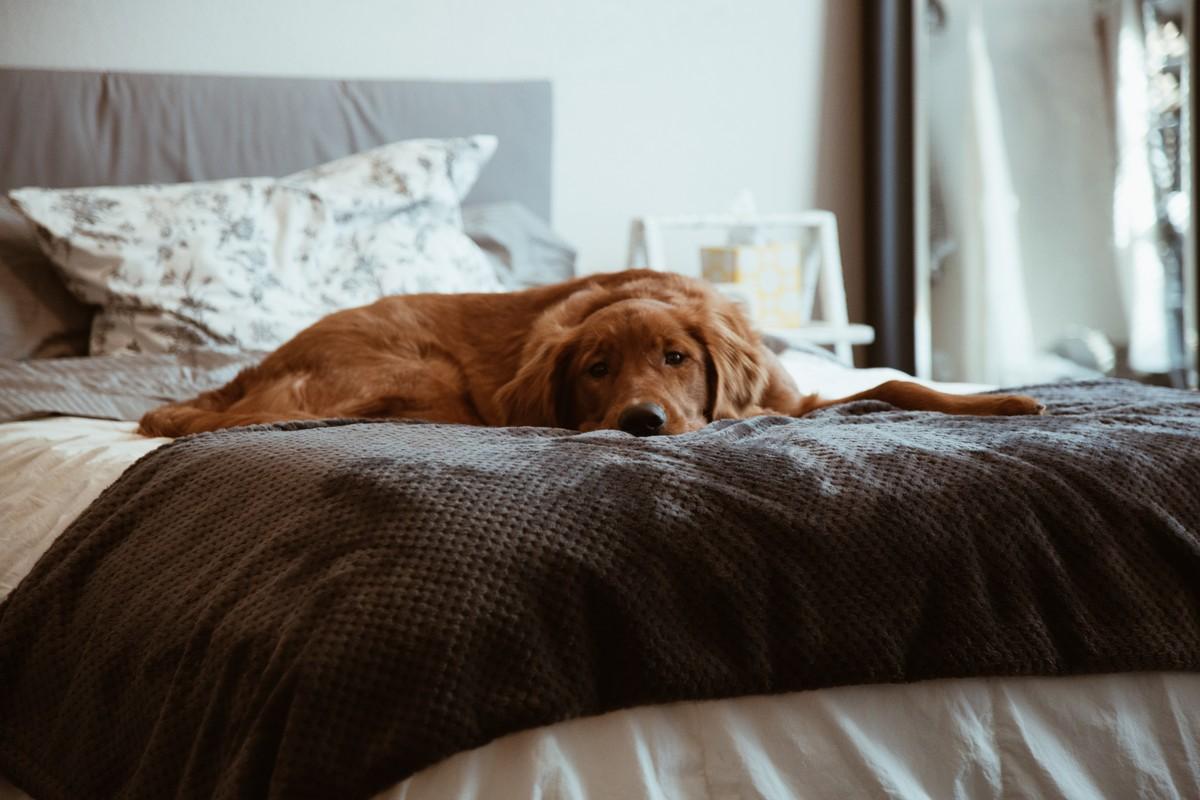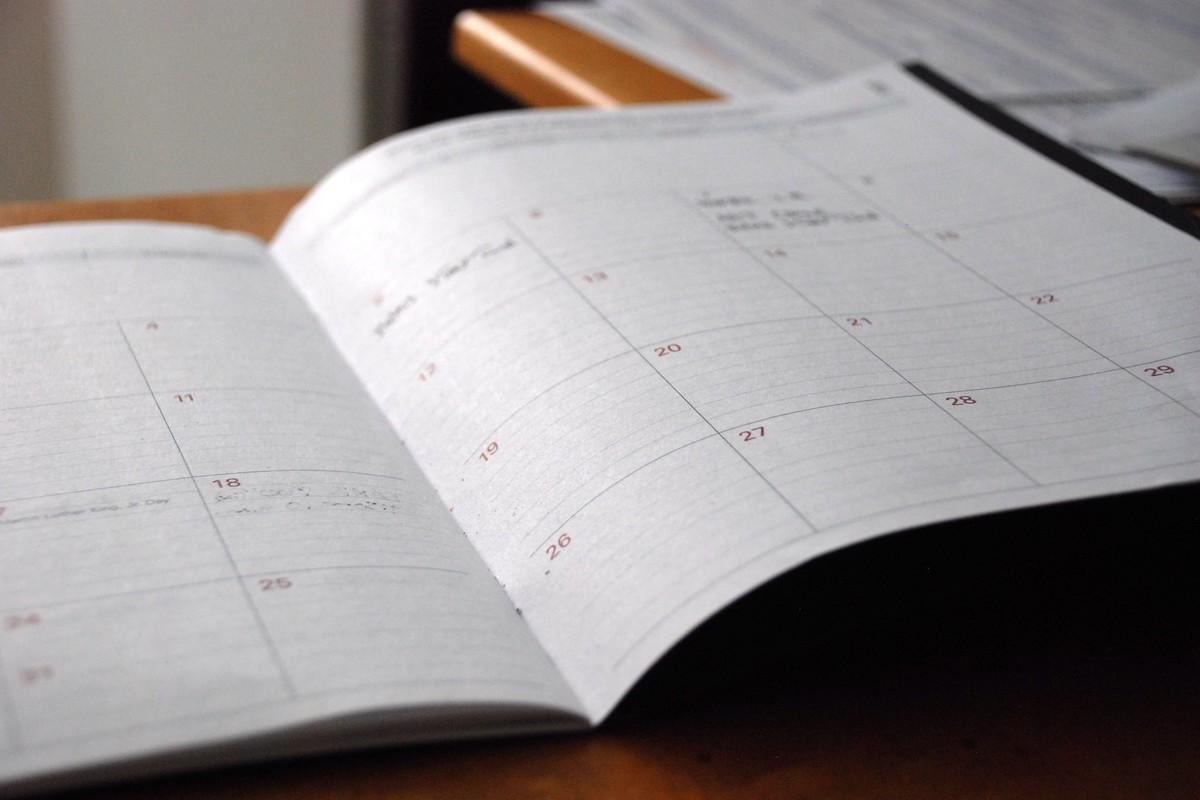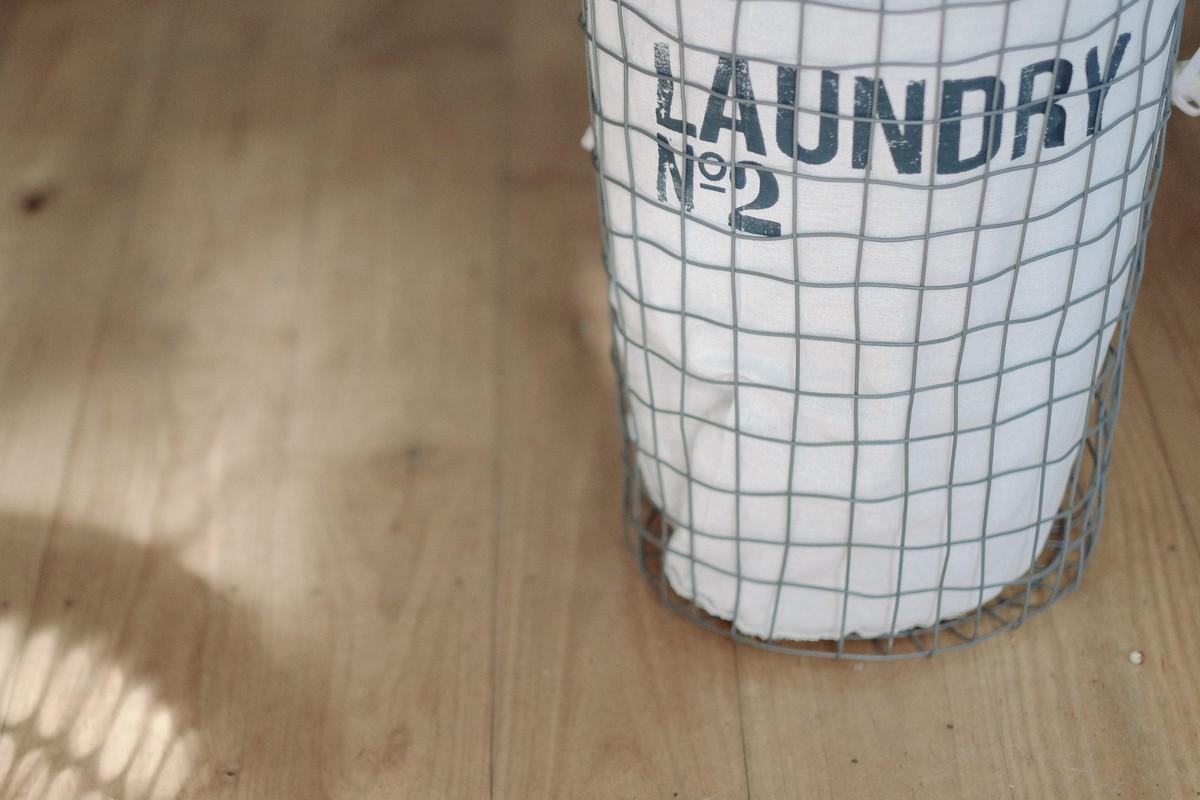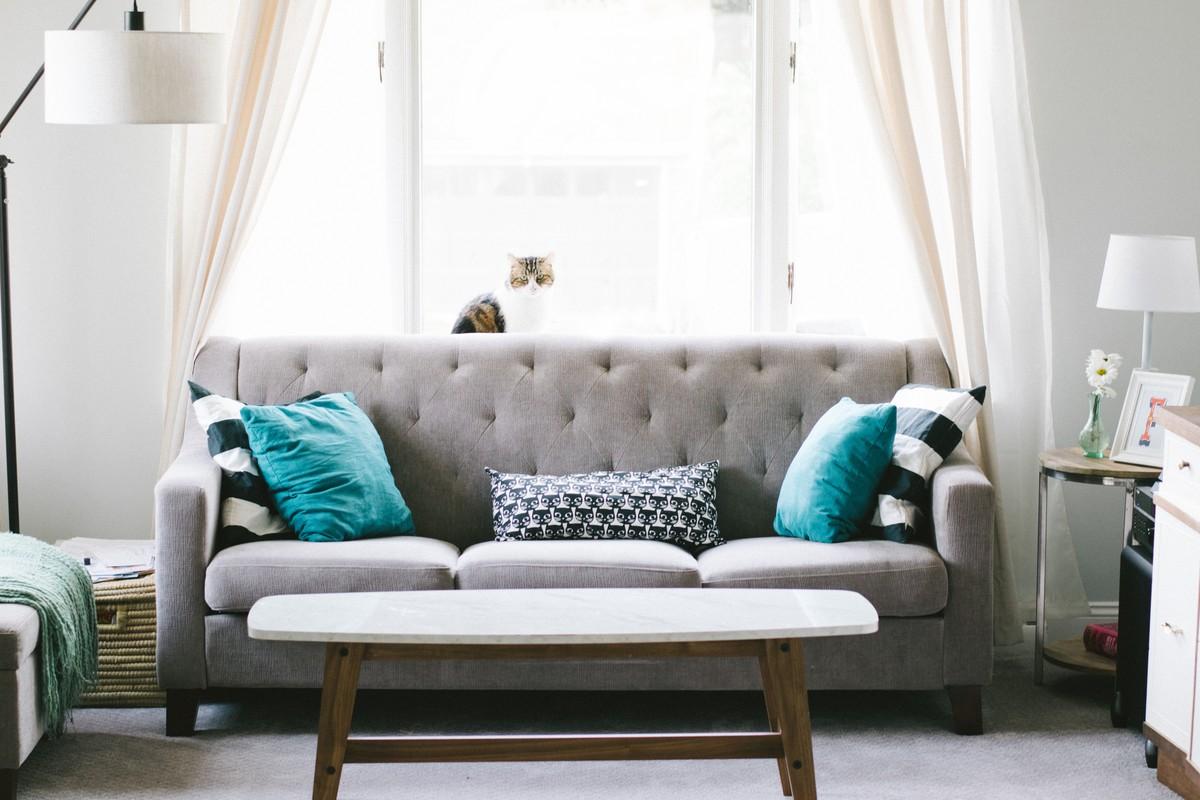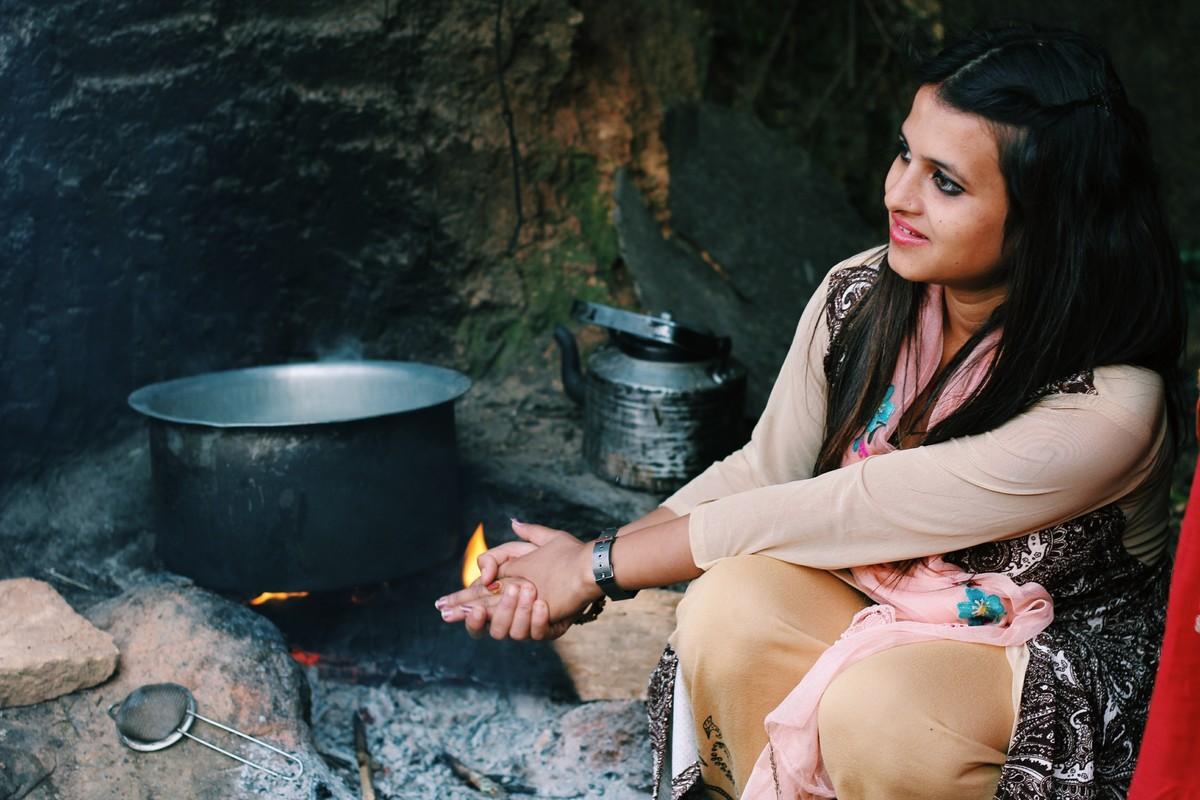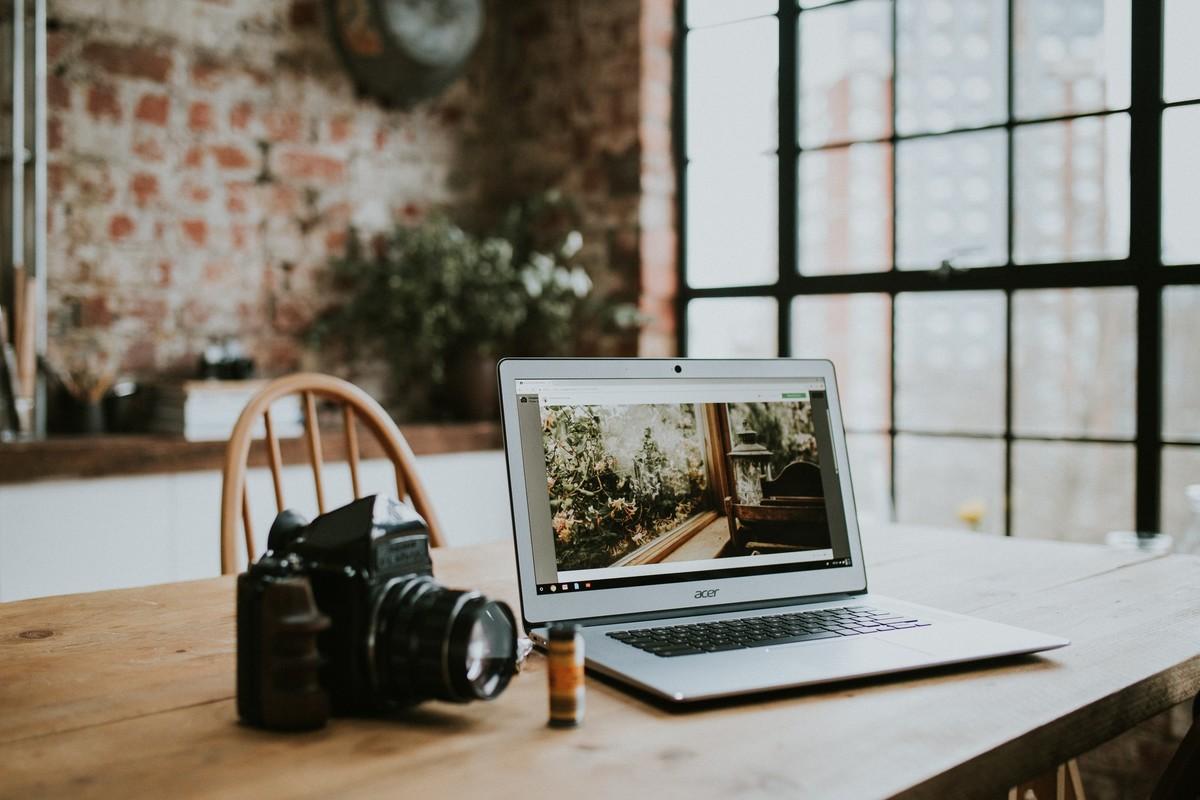Airbnb is an accommodation website enabling members of the public to rent out their spare room, or entire home, to guests as an alternative to staying at a hotel. Becoming an Airbnb host can provide a great source of additional income or become a full-time business in itself. This article will look at whether you’ve got what it takes to be a Superhost.
Who can become an Airbnb host?
Airbnb is fast becoming the preference for many leisure and business travellers. It’s often cheaper and more convenient than a hotel, there’s a greater variety of choice and the experience is often more authentic, allowing you to meet new people and gain local knowledge. Airbnb currently offers 4 million listings across 191 countries and was most recently valued at £31 billion.
Anyone can become an Airbnb host if you have a place where someone could stay for the night. This could be renting out your entire flat or house (while you go on holiday, for example), a spare room, or a unique space like a boat, yurt, treehouse or castle (providing you own it and/or have permission for people to stay there.)

If you don’t have anywhere suitable, it’s possible you could still host an Airbnb Experience. These are tours or events created and run by locals like cooking classes, cultural walks or surf lessons.
If you have a suitable place, or the skills to create a desirable experience, then Airbnb could be an easier route to having your own business, either as a lucrative extra source of income or a full-time venture. There are minimal startup costs and a lot of the set up and marketing is done for you
What do I need to consider before setting up an Airbnb business?
Even though the Airbnb platform takes a lot of the hassle out of starting and running a business, there are still many commitments and practical steps that need considering before you can become a successful host.
-
![]()
Safe and suitable
Make sure your place or experience is suitable and safe for guests, including children and pets (if you choose to offer those options). Consider what type of guests your place is likely to attract (business people, families, young couples, etc.) and what amenities you will provide that will appeal to them (for example, WiFi, desk, fridge, hairdryer, iron, toiletries, tea and coffee).
-
![]()
Being around
Although you’re not required to be around for your guests 24/7 you will need to check them in and out at the times they arrive and leave. There is the option of having a door code so you don’t have to greet guests in person, but often people will feel it’s nice to meet their hosts and you will need to be on hand if they need help with anything or have any problems.
-
![]()
Availability and communication
You will need to manage the availability of your listing and also be able to quickly answer any questions people ask before or after booking. The more it’s available and the quicker you respond, the more earning potential you have. Airbnb is now also giving preference to listings that allow people to instantly book and you’re likely to get bad reviews if you cancel a booking or take a long time to get back to people.
-
![]()
Cleaning
After every checkout your place will need to be thoroughly cleaned, with bedding and towels replaced and things like tea and coffee topped up. You will need to decide if you can do this yourself or you will manage and pay someone else to do it and you can include a fee on your listing for this.
-
![]()
Maintenance
Having multiple people stay at your place will mean ongoing maintenance – unblocking plugholes, fixing breakages, changing light bulbs – with bigger jobs like renovating and the need to replace larger items like sofas, coming around more quickly.
-
![]()
Adapting your home
If you’re renting out the space where you normally live then you need to make sure you have somewhere else to stay and that the space is easily adaptable for guests. You might want to put a lock on some wardrobes and cupboards that you don’t want people to go in and leave others empty so they can use them.
What are the legal considerations of running an Airbnb business?
You are responsible for making sure you comply with UK and local laws when hosting on Airbnb. Bear in mind that having a business that is totally reliant on Airbnb can be risky if they were to change their business model, go out of business or if relevant laws were to change.
What taxes will I need to pay?
Tax is an extremely complex subject and will be different for every individual’s circumstances. Depending on the amount you make from hosting, and any other income you get, you will be liable to pay HMRC income tax on your Airbnb earnings.
There was a new tax allowance recently introduced for Rent-A-Room relief and property and trading income allowing £7,500 tax-free earnings from sharing space in your only or main home and £1,000 tax free allowance on income earned from your property (but not in addition to the £7,500). See HMRC for more details on these tax allowances. You are best off consulting a tax professional regarding your particular situation.
What insurance will I need to host on Airbnb?
Airbnb offers a Host Guarantee and Host Protection Insurance up to £600,000 but this doesn’t replace homeowners’/renters’ insurance and liability insurance.
Check with your insurers that you are adequately covered for liability and property protection while hosting on Airbnb.
What UK and local laws do I need to be aware of if I list on Airbnb?
You must do your own research for the short-term accommodation laws applicable to you. They vary from country to country and even by city, borough, residential area and premises.
For example, in Greater London residential premises are only permitted for temporary sleeping accommodation for a maximum of 90 days per year, providing the host is eligible for and paying council tax. Airbnb offers some more information on how this works.
What property legalities and safety precautions should I be aware of?
Airbnb advises you to provide a first-aid kit, clear instructions about local emergency contacts (including yourself and the nearest hospital) and a clearly marked escape route.
You will need to take adequate fire safety precautions – the government has produced fire safety guidance for the hospitality industry. You should respect your guest’s privacy (and let them know about any surveillance cameras that you have) and it’s your responsibility to identify and minimise any other potential hazards e.g. very hot water, furniture that could fall, trip hazards and sharp corners.
How much money could I make as an Airbnb host in the UK?
Before you start you need to work out if the money you could earn will be worth your while. Airbnb provides a calculator so that you can estimate your monthly earning potential. Currently, they say that an entire home in London for four guests could make around £2,235 a month and a private room for one person in Somerset could make £353 a month. Of course, you need to deduct from this your associated costs.
Potential associated costs
- Startup costs – renovations and purchasing required furniture and amenities
- Utility bills – gas, electric, water, phone, WiFi
- Cleaning, laundry, toiletries and topping up supplies
- Breakfast and meals (if you choose to offer)
- Maintenance and renovations
- 3% Airbnb host service fees (20% for Experiences)
- Applicable taxes including income and council tax
- Insurance
- Your time (be realistic about the time commitment)
Startup costs calculator
We've put together some of the typical things you'll need to invest in when starting a business. Fill in the business startup costs below to find out how much money you'll need to get up and running.

Calculating your result
On your marks. Set. Go!
Sign up to receive expert email tips and insights on getting your business up and running. You can unsubscribe at any time.
How do I list and price my room or property?
Airbnb will walk you through the steps of listing and pricing but these are the main things that you should consider.
You must be logged in to use this checklist
Why is customer service so important for Airbnb?
Your success on Airbnb will rely on good reviews so it’s important to get it right from the beginning. Guests and hosts are encouraged to leave reviews about every stay and they’re only shown to one another once both parties have submitted. Airbnb gives added exposure to hosts with excellent reviews, quick responses and reliability with Superhost, and to outstanding properties with Airbnb Plus.
![]()
The most successful hosts will go the extra mile. Thoughtful touches won’t cost much but could go a long way to ensure good reviews, recommendations and repeat bookings (particularly if you’re attracting business travellers).
Stay in other Airbnbs for inspiration and think what you would like, while also not taking this as gospel – remember everyone’s different and if you can tailor your hosting to suit the individual, this will be noticed.
It’s a good idea to stay in your place once a month as a guest would, to spot any potential irritations and improvements, or ask friends to test stay for different perspectives (ones that won’t just tell you what you want to hear). It’s really important that your listing is accurate and that your place lives up to (or preferably exceeds) expectations.
Decide what type of host you want to be and don’t ever let these things happen.
What other Airbnb-related business ventures are there?
If hosting a place to stay isn’t for you, or maybe you’re looking to expand beyond that, consider these other Airbnb-related business ventures.
-
![]()
Airbnb Experiences
Use your knowledge and skills to offer a local experience to Airbnb guests like a walking tour, creative workshop or yoga class.
-
![]()
Photography
Start a business offering photo shoots for properties.
-
![]()
Cleaning
Offer cleaning and laundry services to turn properties around in between bookings.
-
![]()
Concierge
Meet, greet, give local knowledge and be on hand to help with things like picking up shopping.
-
![]()
Cooking
Drop off home cooked meals and packed lunches or chef for guests in the home.
-
![]()
Listing management
Manage other people’s properties – from setting up the listings to bookings and enquiries.
Share this content

Brought to you by:
AAT Business Finance Basics
AAT Business Finance Basics are a series of online e-learning courses covering the core financial skills every business needs. They draw from AAT’s world-leading qualifications and will quickly build your knowledge on key topics including bookkeeping, budgeting and cash flow.
Visit partner's website




